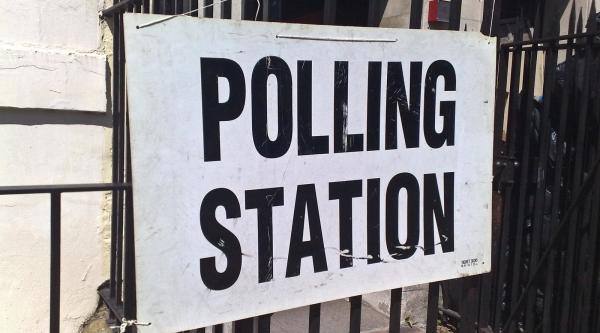Paying for care home fees in Wales
Find out about different ways to fund a person's care home, and how that affects the choice of care homes available.
- Paying for dementia care in Wales
- Financial assessment for care in Wales
- You are here: Paying for care home fees in Wales
- Paying for dementia care if you have a partner
- Do you have to sell your home to pay for care in Wales?
Choice of care homes if the local authority pays
When paying care home fees Wales - as in England - you may be eligible to financial help from your local authority. This is not the case with care home fees in Northern Ireland.
The local authority will have an upper limit (known as ‘usual rate’ or ‘usual cost’) that they will pay for a care home.
Legally, the local authority must offer more than one care home option that meets the person’s needs. The person has the right to choose between different homes as long as:
- The accommodation can meet the person’s assessed needs.
- It is within the local authority’s usual commissioning rate.
- The accommodation has a place available and will enter into a contract with the local authority.
It may not be possible to meet the person’s needs while staying within the usual rate. In this case, the local authority must fund the person’s care in a more expensive care home. No one should be asked to pay a top-up fee to cover the extra costs in these circumstances.
Paying top-up fees for a more expensive care home
The person with dementia (or their carer, deputy or attorney) might want to stay in a more expensive care home. However, the local authority may have already offered care home places available within their usual rate that meet the person’s needs.
In this instance, the local authority may agree to part-fund the person’s place in a more expensive care home. This can happen as long as a third party (such as a relative) agrees to pay the extra cost. This is often referred to as a ‘top-up’ fee.
The local authority must ensure that the person paying the top-up is willing and able to pay. This person enters into a written agreement with the local authority, who will have a contract with the home.
The agreement should explain what will happen should fees change, or the person can’t pay the fees.
If the person stops paying the top-up fee, the local authority may ask the resident to move to a different care home within the usual rate. This new home must meet the person’s assessed needs.
This move can be disruptive to a person with dementia. For this reason, the person paying must bear in mind how long they may have to pay the extra amount. Care home costs may also go up over time.
Choosing a care home
Our booklet will help if you are caring for or supporting someone with dementia and are looking to choose the right care home.
Self-funding
If someone is paying their own care home fees in full, they can agree the financial arrangements directly with the care home.
When making these arrangements, ensure that there is a contract that clearly explains:
- The home’s obligations
- The fees
- The services included in the fees
- What may be charged as ‘extras’
- How much notice will be given if fees increase.
A person with dementia may lack the mental capacity to make the arrangements with the care home. Their attorney under a Lasting power of attorney or their deputy can do that on their behalf.
If no one has been appointed, the local authority have a duty to make these arrangements for them.
The person with dementia will still be charged for any care arranged.








